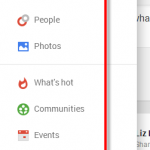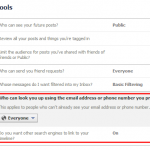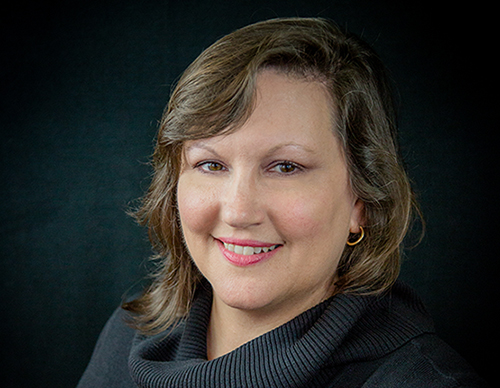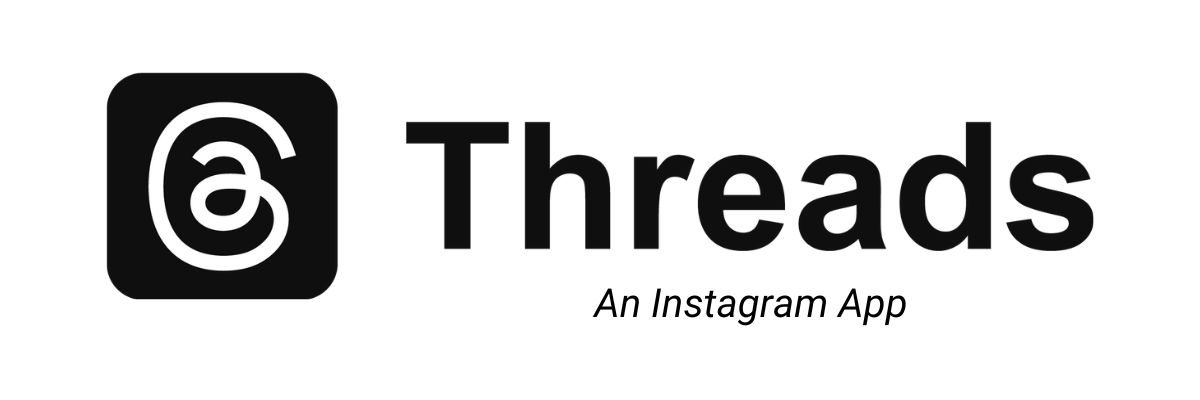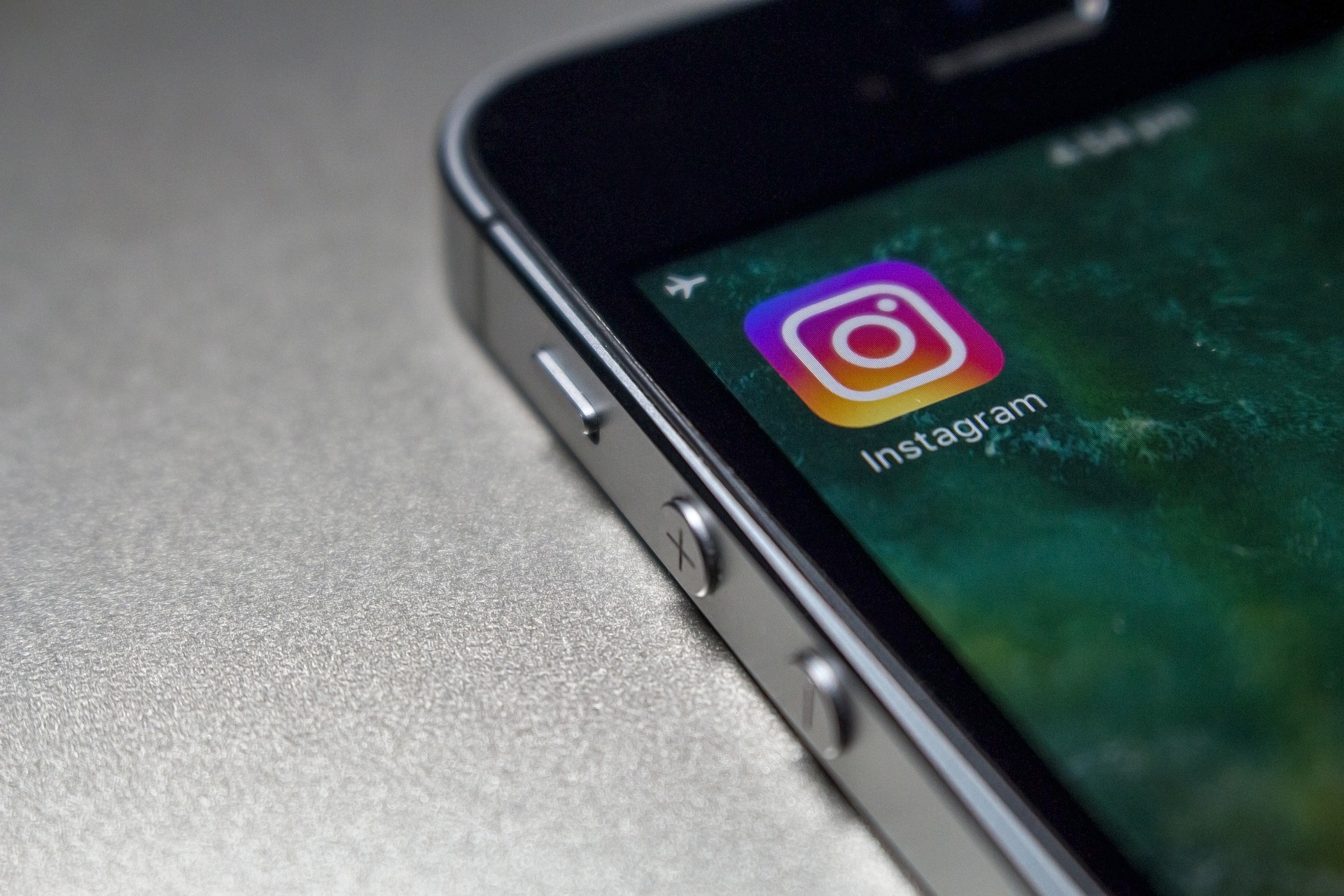This week two startling announcements in the social media world were made, and they made me wonder how much privacy we need while we are on social media.
 First, Facebook, and yet another change. Read the full article here. Effective immediately, someone can search for your profile AND find you — even if your privacy setting is turned on. Apparently, some people were upset because they couldn’t find a friend through a search, so, in true fashion to appease investors, this mechanism (part of Facebook since its inception) has now been cancelled. In recent comments, CEO/founder Mark Zuckerberg has stated people shouldn’t be doing things they want to keep secret. Why, then, was this mechanism built into Facebook in the first place?
First, Facebook, and yet another change. Read the full article here. Effective immediately, someone can search for your profile AND find you — even if your privacy setting is turned on. Apparently, some people were upset because they couldn’t find a friend through a search, so, in true fashion to appease investors, this mechanism (part of Facebook since its inception) has now been cancelled. In recent comments, CEO/founder Mark Zuckerberg has stated people shouldn’t be doing things they want to keep secret. Why, then, was this mechanism built into Facebook in the first place?
 Second, Google has gone the way of Facebook and decided to sell its users’ profiles and photos in advertisements — effective November 11 of this year. Read the full article here. The skinny: if you make a +1 (the equivalent to a Like on Facebook) on a GooglePlus status update, YouTube video, or even a Google Search, Google’s new interface allows your friends and connections (anyone you agreed to share content with) to see this in an advert along with how many stars you have rated it. Google calls this a “shared endorsement”. While this could be used to gain strategic eyeballs for customer conversion, you can modify your settings so your name and photo don’t show in an advert. Here’s the catch: Google has a very large footprint, and this action will become effective for any Google application.
Second, Google has gone the way of Facebook and decided to sell its users’ profiles and photos in advertisements — effective November 11 of this year. Read the full article here. The skinny: if you make a +1 (the equivalent to a Like on Facebook) on a GooglePlus status update, YouTube video, or even a Google Search, Google’s new interface allows your friends and connections (anyone you agreed to share content with) to see this in an advert along with how many stars you have rated it. Google calls this a “shared endorsement”. While this could be used to gain strategic eyeballs for customer conversion, you can modify your settings so your name and photo don’t show in an advert. Here’s the catch: Google has a very large footprint, and this action will become effective for any Google application.
Now, let’s put the elephant in the room: How much privacy do we really need on social media?
Answer: As much as we choose to have and is allowable by each platform we decide to use.
Globally (not just in the United States), our expectations of privacy are over-inflated. Social media is the vehicle by which we can communicate with others, belong to communities (or start one), share and gather information, and sell our products or services. We can also give written endorsements or testimonials about companies and their products or services.
But, should social media be used by marketers or political figures to infiltrate all our conversations and groups? If you like a certain Page or Google post, should you then expect to see any and all Page or Google posts from similar affiliations, companies or beliefs? Just because you Like Petsmart or a quote from your sales coach, should you have to see other Pages or quotes from similar entities, spewing forth their unwanted sales pitch?
If a social media platform has the ability for us to keep our profiles secret, we should not only be able to use it, we should have a reasonable expectation it will be respected by the platform itself and its members. If the platform creators change their EULA (End User License Agreement) to make privacy next to impossible, there are a few things you can do:
- Adjust your settings. Google still allows for some privacy, while Facebook doesn’t. Go to your Profile home page and hover over the Home button, then click on Settings. Your Google+ settings should be onscreen. Scroll down to Shared Endorsements and click Edit. Click off on the box in the image below and click the Save button on the right.
- Limit the Facebook search. It’s a limited parameter but may help. Go to your Profile and click the Tool icon, go to Account Settings, then click Privacy. Go down to the subheading “Who can look me up?”. There are two options:
- Who looks you up using your provided email address or phone number – change this setting from the default “Everyone” setting to the one you want.
- If you don’t want other search engines to link to your Timeline, turn this setting Off.
- Create a secret Group. Invite only those you want in the Group. Share information only with those in the Group, and share only what you want them to know. It won’t keep someone from finding your Timeline, but it will keep some of your contacts a bit more private.
- Delete your account. This has become a large bone of contention, particularly with Facebook. If you feel the social media platform you’re using is becoming too intrusive, you don’t have to continue using it. Extreme but effective.
Privacy will become a valuable commodity in the very near future. Be careful how much of your life you list on social media. Be aware of your contacts and make sure you know someone very well before allowing someone to Friend/Follow you. Never become predictable.
Be strategic. Be visible. Be found. Be safe.



